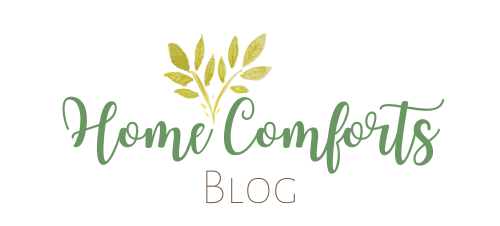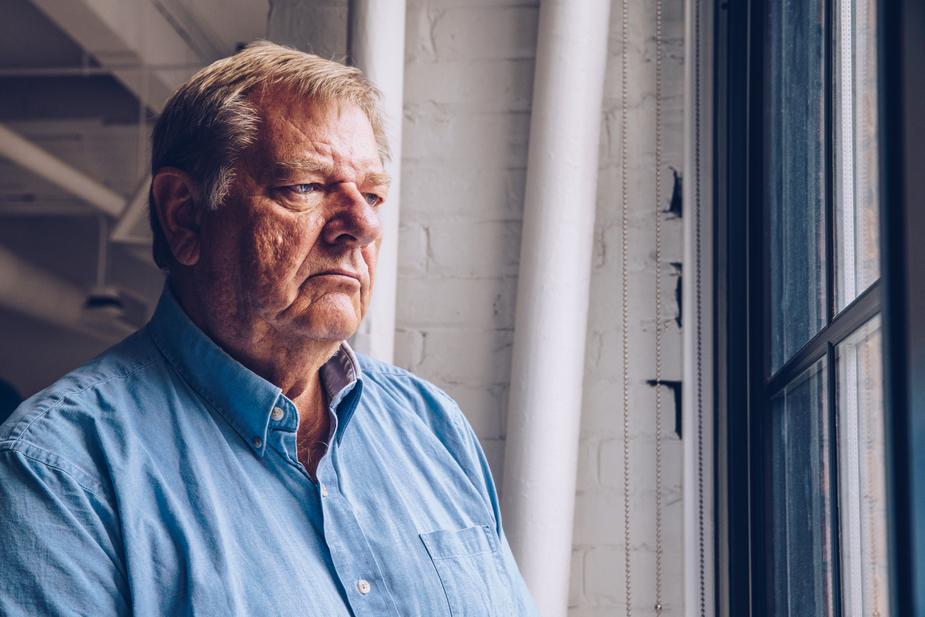Eventually many of us, or someone we know, will have to deal with a loved one diagnosed with Alzheimer’s.
According to the U.S. Centers for Disease Control and Prevention (CDC), an estimated 5.4 million Americans are living with Alzheimer’s disease, the incidence of which increases as you age and doubles every five years beyond age 65.
My 85-year-old Aunt has not been formally diagnosed with Alzheimer’s, but family members have noticed that her personality has slowly changed dramatically over the last three years. We all began sharing quiet stories of how she has changed. We didn’t want to believe or accept it.
Auntie goes to the grocery store and it takes her 4 to 5 hours to return home. When she is out running errands, she often calls my father for directions home. She is always angry, paranoid and combative with everyone close to her. And she refuses to go to a doctor. I know she knows something is wrong and she is afraid that this is a slow death sentence.
We love her and initially excused her behavior. Slowly, it began to dawn on all of us that she might have Alzheimer’s. It began unavoidably noticeable when her hygiene routine almost diminished to nil.
Alzheimer’s is a progressive disease. There are three stages of it and my aunt seemed to be clearly in the second stage. My Father reached out to me to research how to help his sister. I agreed but I had no idea what to do next. What to do, who to talk to were my immediate questions.
A close friend suggested that I attend a National Alliance on Mental Illness (NAMI) support group. However, I learned in the meeting that Alzheimer’s is not a mental disorder but considered a disease. These kind people referred me to another support group down the street for Alzheimer’s.
Before I share the resources for Alzheimer’s, here’s a little background. The first Alzheimer’s case was diagnosed over a 100 years ago; it is named after the doctor that treated the first patient. The disease was first diagnosed by Dr. Alois Alzheimer, a German physician, in 1906. Alzheimer had a patient in her fifties who suffered from what seemed to be a mental illness. But when she died in 1906, an autopsy revealed dense deposits, now called neuritic plaques, outside and around the nerve cells in her brain. Inside the cells were twisted strands of fiber, or neurofibrillary tangles.
Scientist believe it takes about 10-15 years for the disease to manifest caused by amolode plaque buildup in the brain. These plaques cause inflammation in the brain and massive cell death.There is division on whether it can be cured or not in the scientific community. Some scientists believe that it is not normal aging and that we should devote more resources to finding a cure. Some of the scientific community assert that the disease can be prevented by lifestyle and diet. Below are resources for additional information.
Available Resources for Alzheimer’s
The Alzheimer’s Association is the leading voluntary health organization in Alzheimer’s care, support and research. We provide reliable information, education, support and crisis assistance to families affected by dementia. Our toll-free 24/7 Helpline is available anytime – day or night – at 800.272.3900. We also provide a variety of online services through our website alz.org, including:
- I Have Alzheimer’s website (alz.org/IHaveAlz) — is an online resource created with input from individuals with Alzheimer’s and other dementias that offers information and strategies to help those living in the early stage of the disease lead their best life for as long as possible.
- Alzheimer’s and Dementia Caregiver Center (alz.org/care) — a resource for caregivers, family and friends that provides reliable information and access to helpful online tools, including:
- ALZConnected® (alzconnected.org) — an online community for people with dementia, caregivers, family and friends.
- Alzheimer’s Navigator® (alz.org/alzheimersnavigator) — an innovative tool for creating a customized plan of action for life with Alzheimer’s.
- Community Resource Finder (alz.org/CRF) — a tool for finding local resources, programs and support.
- Green-Field Library (alz.org/library) — the nation’s largest library dedicated to Alzheimer’s disease with material accessible virtually.
- Support Groups – Upon request, Alz.org will refer you to local meetings for Alzheimer’s support in your zip code.
EndAlzheimers.com (http://www.EndAlzheimers.com)
Readers are encouraged to develop healthy lifestyle habits for disease prevention, establish their personal memory fitness baseline record, and look ahead in developing a mild cognitive impairment treatment strategy – should mild cognitive impairment ever develop. Free Alzheimer’s LifePlan Book
Reduce Your Risk of Dementia (https://draxe.com/dementia) Preventative measures
Contact your local Senior Community Center – Chances are they run a support group or can refer you to one.
A Place for Mom –(https://www.aplaceformom.com)
A Place for Mom provides referrals to senior living communities at no cost to you. Whether you are looking for assisted living, memory care, skilled nursing or are not sure yet what kind of care you need, local experts across the U.S. and Canada can help. Call 855-217-0228 for more info.
Alzheimer’s Care Services – Visiting Angels (https://www.visitingangels.com/alzheimers) Home care service that helps families facing Alzheimer‘s or a related dementia illness. We provide Alzheimer‘s care services and other dementia services. Fee related service.
Hope this information helps. Remember to keep learning new things and eat well to keep your brain healthy.

